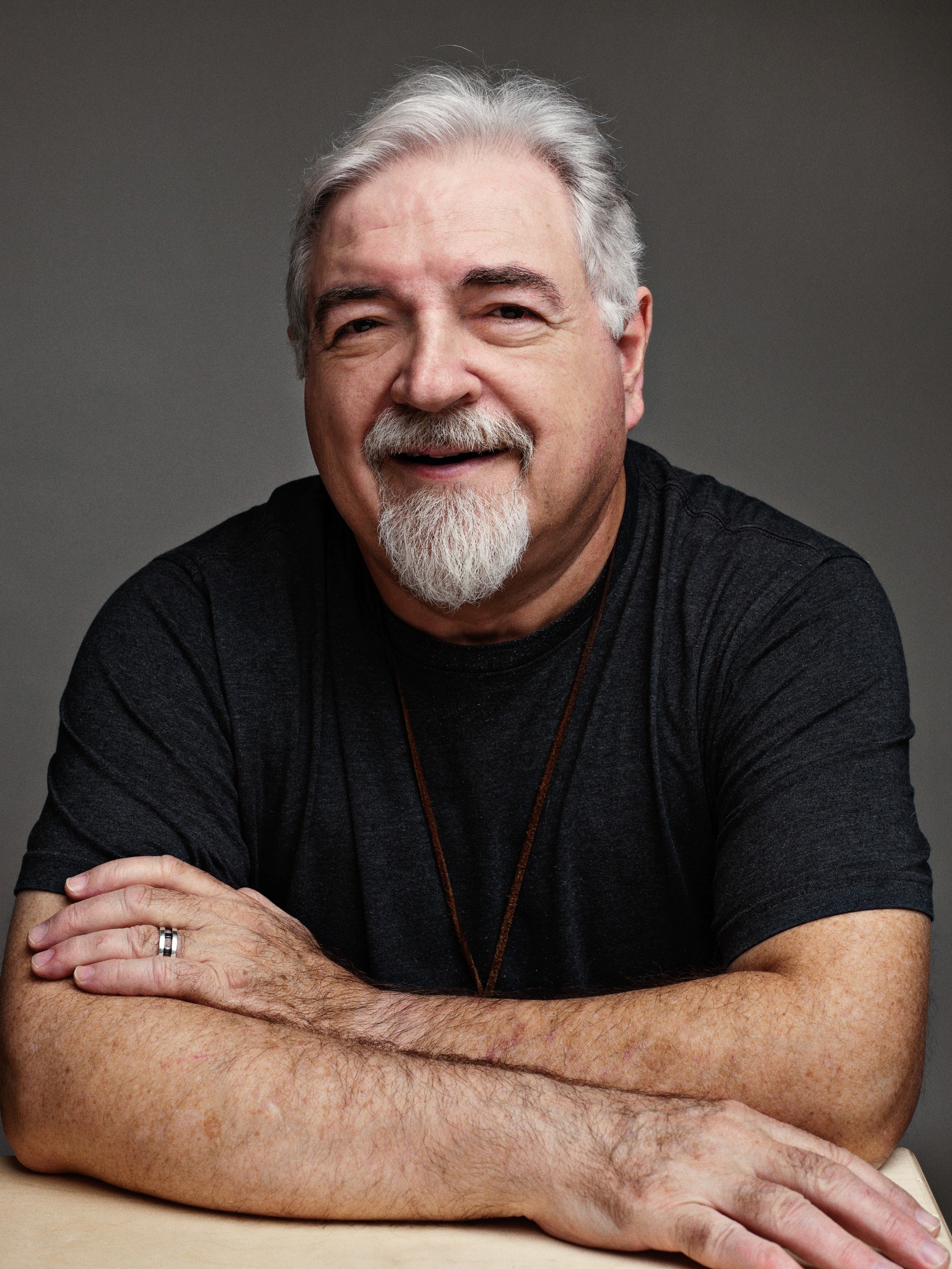I just finished reading The Redhead of Auschwitz. I found it on my bookshelf but don’t recall buying it. My wife may have.
The descriptions of the book are already a compelling read:
Rosie was always told her red hair was a curse, but she never believed it. She often dreamed what it would look like under a white veil with the man of her dreams by her side. However, her life takes a harrowing turn in 1944 when she is forced out of her home and sent to the most gruesome of places: Auschwitz.
Upon arrival, Rosie’s head is shaved and along with the loss of her beautiful hair, she loses the life she once cherished. Among the chaos and surrounded by hopelessness, Rosie realizes the only thing the Nazis cannot take away from her is the fierce redhead resilience in her spirit. When all of her friends conclude they are going to heaven from Auschwitz, she remains determined to get home. She summons all of her courage, through death camps and death marches to do just that.
This victorious biography, written by Nechama Birnbaum in honor of her grandmother, is as full of life as it is of death. It is about the intricacies of Jewish culture that still exist today and the tender experiences that are universal to all humanity: family, coming of age, and first love. It is a story that celebrates believing in yourself no matter the odds. This is a story about the little redheaded girl who thought she could, and so she did.
I took two important things in the story of Rosie Greenstein. The first is the power of a single person’s decision to survive no matter what. Rosie refused to give up and refused utterly to allow her sister, Leah, to succumb. In the latter part of their harrowing story, it is Leah, following her sister’s example, refusing to allow Rosie to give up. That indomitable intention that Rosie radiated that came back to her from others around her.
In one harrowing incident, Rosie and 700 of her fellow prisoners were herded into what would have been their final destination: the showers of Auschwitz, the gas chambers. Just before the gas was turned on an SS officer demands their release. This reprieve only led to further horrors of privation, slave labor and forced marches as the allies closed in on the remains of the Nazi regime. But that accident of timing gives us her amazing story.
Nechama Birnbaum tells this tale in a very creative non-linear fashion, jumping back and forth between the camp and Rosie’s earlier life in the village of Crasna—which was alternately in Romania or Hungary. This treatment gives the reader a respite from the grinding horror of Rosie’s time in Auschwitz, Bergen-Belsen and other Nazi outposts of evil. This style of her storytelling also gifts us with the deep understanding of Rosie and her view of life and her absolute demand to survive.
The second thing I took from this story is the implicit warning it contains. The mentality that allowed this horror to flourish and destroy so many still exists and it is on the rise again. The former head of our own country called believers in the evil demonstrated by the Nazis as, “Some very fine people.” Nothing could be more false.
Nechama Birnbaum and Amsterdam Publishers, who included this book in their series of Holocaust survivor stories, have done the world a great service by publishing this story.
What happened to Rosie and millions of others is a demonstration of what could happen again if we allow it.
Here are some tools to help keep it from happening again. Recognize that everyone who pushes the idea that there are “others” who are inferior in some way, who have less value to society, who are less worthy, is pushing some version of the Nazi mentality. If you see white supremacy as an example of this, you are not wrong. White supremacy is just a longer spelling of Nazi. Oppose every candidate for office or incumbent office holder who shows a tendency to use this philosophy. Frankly, they are pretty obvious. Rhetoric about burning books, stopping the teaching history in schools, screeds against immigrant “invasions” are all major red flags.
These are all indicators of the politics of exclusion, and that’s what Hitler, Mussolini, Trump, Putin and others profess.
The fallacy of racism is that it tries to label other humans as another “race.” There is only one race and it is human. It is up to all of us to include all of us. In that way we preserve our humanity and we can then deserve the presence of someone like The Redhead of Auschwitz.

Marty Kassowitz
Marty Kassowitz is co-founder of Factkeepers. As founder of Interest Factory and View360, he brings more than 30 years experience in effective online communications, social media management, and platform development to the site. He is a writer, designer, editor and long time observer of the ill-logic demonstrated by too many members of the species known as Mankind. After a long history of somewhat private commentary on a subject he totally hates: politics, Marty was encouraged to build this site and put up his own analyses as well as curate relevant content from other sources.
